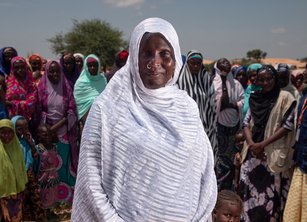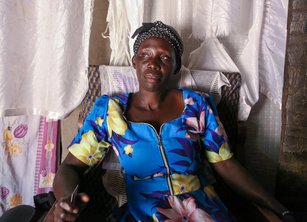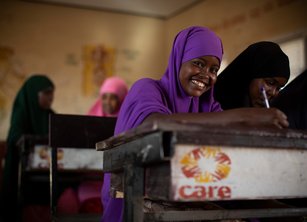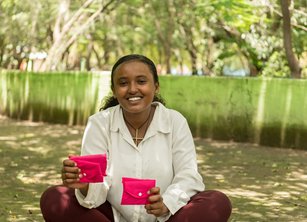Gender equality is CARE’s central organising principle. We cannot achieve women’s economic justice, climate justice, health equity, the right to food, water, and nutrition, or equal access to humanitarian assistance without addressing gender inequality.
Gender remains one of the most fundamental sources of inequality in the world today. Across nearly every country, women earn a fraction of men’s incomes, and trans/non-binary people are disproportionately impacted by poverty and denial of fundamental rights.
Globally, around one in three women has experienced physical and/or sexual violence, most often at the hands of an intimate partner. Gender-based discrimination fuels food insecurity, safety risks, and exclusion from life-saving services and opportunities. More than 60% of the world’s hungry are women and girls, but women and girls disproportionately bear the burden of meeting their families’ food and care needs.
How CARE works with women and girls
Latest gender equality news and stories
-
How women in Mozambique are rebuilding homes and reshaping gender roles
During humanitarian crises, traditional expectations about men and women often become stronger. But in Mozambique, women are changing those expectations.
-
Five key asks for climate justice at COP30
We outline CARE’s five key asks for COP30 across mitigation, adaptation, and finance -and highlight how a CARE project in Bangladesh is already leading the way in these areas.
-
Strengthening supply chains by tackling gender inequality and the climate crisis
Diageo and CARE are working together to build resilient supply chains by tackling gender inequality and climate vulnerability together.








